Natural Liver Supplements for Dogs and Cats
The liver is your pet’s hard-working filter, processing nutrients, clearing toxins, producing bile for digestion, storing vitamins, and supporting immunity. When it struggles, your dog or cat may seem “off”, with vague signs that are easy to miss. The good news is that you can support liver health naturally, alongside your vet’s guidance, with targeted nutrition and gentle herbal supplements. If your pet has an existing medical condition or is taking medication, consult your veterinarian before use.
In this guide, you will learn how to spot common signs of liver strain, what to avoid, which natural ingredients can help, and how JP’s liver supplements fit into a sensible, vet-led plan.
Why liver health matters
A healthy liver helps your pet:
- Metabolise medicines and hormones
- Digest fats via bile production
- Store vitamins and glycogen for energy
- Neutralise toxins and by-products from the gut
Because the liver regenerates, early support can make a real difference to comfort, appetite, energy, and long-term well-being. Always consult your vet for personalised advice.
Signs of liver problems in dogs and cats
Symptoms vary with the cause and stage, but common signs include:
- Reduced appetite or fussiness with food
- Lethargy, lower stamina on walks, and more sleeping
- Nausea, drooling, vomiting, or diarrhoea
- Increased thirst and urination
- Pale or yellow gums, yellowing of eyes or skin
- A swollen tummy from fluid build-up
- Behaviour changes, confusion, or staring into space
- Dark urine, pale or grey stools, or very smelly stools
Any of these signs warrants a call to your vet for examination and blood or urine tests. Never delay if your pet seems painful, disoriented, or jaundiced. When in doubt, consult your vet for next steps.
JP's Natural Liquid Liver Supplement with Milk thistle
Do liver supplements work for dogs?
They can, when used appropriately. Natural liver supplements do not replace veterinary treatment for severe disease, but they often support the liver’s antioxidant capacity, bile flow, and cell repair. The best evidence exists for milk thistle extract, specifically its active complex silymarin, and its component silybin. These antioxidants help protect liver cells from free radical damage and can aid in normal regeneration. Other beneficial nutrients include B vitamins, which fuel liver enzymes, and alpha lipoic acid, a potent antioxidant that recycles vitamins C and E.
Clinical response depends on the underlying cause, the dose, and the quality of the product. Work with your vet to choose a reputable formula and to monitor progress with follow-up blood tests.
What can I give my dog to help his liver?
Discuss these options with your vet:
- Milk thistle, standardised for silymarin, to protect and support liver cells
- Alpha lipoic acid for antioxidant support
- B-complex vitamins to assist detox pathways and energy metabolism
- Phosphatidylcholine to aid cell membrane health and silymarin absorption
- SAMe for additional antioxidant and methylation support, when appropriate
- High-quality protein at appropriate levels, easily digestible, to maintain muscle without overloading the liver
- Omega-3 fatty acids from marine sources help modulate inflammation
If your vet agrees, a dedicated dog liver supplement that combines milk thistle with supportive antioxidants can simplify your routine and improve compliance. Consult your vet for dosing tailored to your dog.
JP's Natural Liquid Liver Supplement with Milk thistle
Should I give my cat a liver supplement?
Cats can also benefit from gentle, targeted support, especially during recovery from infections, toxin exposure, or chronic conditions identified by your vet. Milk thistle is widely used in cats under veterinary guidance. Choose feline-friendly formats and avoid added sugars or artificial flavours. Always confirm doses with your vet, particularly for cats with concurrent kidney or thyroid issues.
What should dogs with liver problems avoid?
- High-copper diets if copper accumulation is suspected
- Rich, very fatty treats that can trigger digestive upset
- Unnecessary medications, herbal mixes, or essential oils that burden the liver, unless your vet approves
- Sudden diet changes, which can worsen nausea or diarrhoea
- Excessive vitamin A or iron without veterinary direction
- Contaminated foods or homemade diets that are not balanced by a vet nutritionist
Moderation and consistency are key. Keep water fresh, feed small, frequent meals if nauseous, and consult your vet for personalised diet advice.
How JP’s natural liver supplements support your pet
Formulated by UK veterinary surgeon Dr Paul Boland, JP’s Natural Liver range combines milk thistle with B vitamins and alpha lipoic acid to support detoxification, antioxidant defence, and healthy liver function. You can choose sprinkle capsules for easy dosing or a palatable liquid for fussier pets. The aim is simple: to provide clean, natural ingredients without artificial additives, giving the liver room to recover while your vet addresses the underlying cause.
If you are exploring milk thistle for dogs or milk thistle for cats, choosing a veterinary-formulated option helps ensure purity and appropriate strength. Consult your vet for guidance on suitability and dosing.
Working with your vet
Partnership is everything. Ask your vet to:
- Run baseline tests, ALT, ALP, bilirubin, bile acids, and repeat at set intervals
- Review all medicines and supplements for liver safety
- Guide diet choices, including protein level, copper content, and fat tolerance
- Set realistic goals, improved appetite, brighter energy, steadier weight, and reduced liver enzymes over time
Supplements should complement, not replace, diagnostics and prescribed treatments.
How to recognise improvements
Positive signs usually build gradually:
- A steadier appetite and less nausea
- More interest in walks, play, or cuddles
- Healthier stools and fewer tummy upsets
- A glossier coat and clearer eyes
- Stabilising or improving liver enzyme results on repeat tests
Keep a simple diary of meals, medications, energy levels, and bowel movements. Please share it with your vet to guide fine-tuning.
Safety and dosing tips
- Introduce new supplements slowly and with food
- Use products made for pets, with transparent ingredients
- Store away from heat and sunlight
- If vomiting, diarrhoea, or lethargy worsens, stop and contact your vet
- Avoid mixing multiple liver products unless advised by a professional
Natural extras that pair well
- Gentle digestive support can help reduce toxin load from the gut. If your vet recommends omega-3 fatty acids, consider high-quality fish oil for dogs to support a balanced inflammatory response and overall vitality.
- Keep exercise appropriate for energy levels. Short, regular walks are often more beneficial than long, strenuous efforts during recovery.
- Reduce environmental toxins where possible, for example, avoid lawn chemicals and secure bins to prevent scavenging.
JP's difference
JP’s Natural Pet Supplements is created by a vet and a behaviourist, with a promise of no artificial additives and a practical, caring approach. If you want to browse complementary options for your dog’s routine, you can explore their dog and cat natural supplements. If your cat requires comprehensive wellness support in addition to liver care, our natural cat supplements are carefully crafted with the same attention to safety and simplicity.
Summary
Liver health touches every part of your pet’s wellbeing. Spot the signs early, work closely with your vet, and support recovery with sensible nutrition and targeted natural supplements. Milk thistle, B vitamins, and alpha-lipoic acid may play a meaningful supportive role for many pets, especially when combined in a trusted, veterinary-formulated product. Start low, go steady, and track progress. With care and consistency, most dogs and cats may become brighter, more comfortable, and more themselves again. Always consult your vet for personalised guidance.





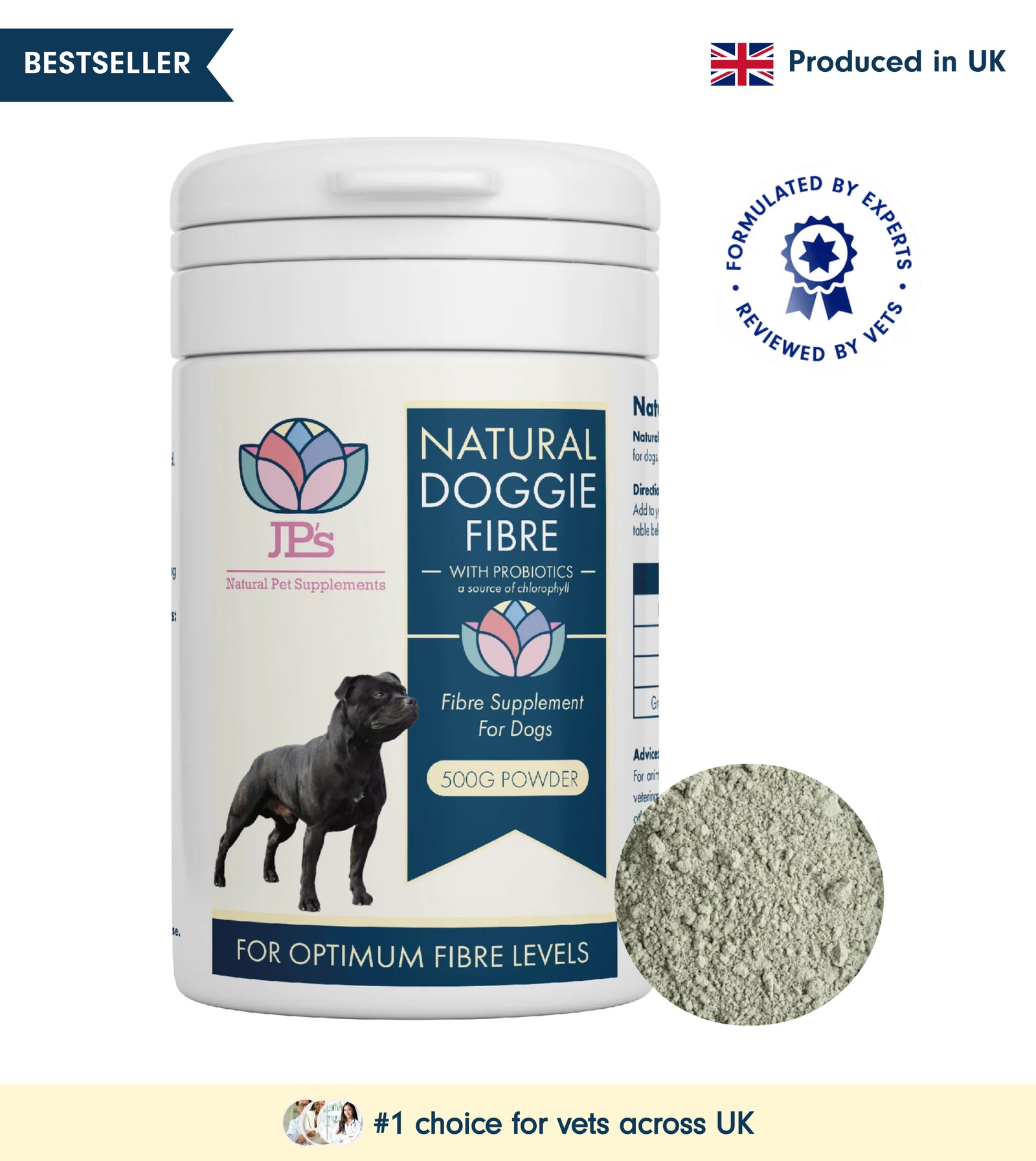
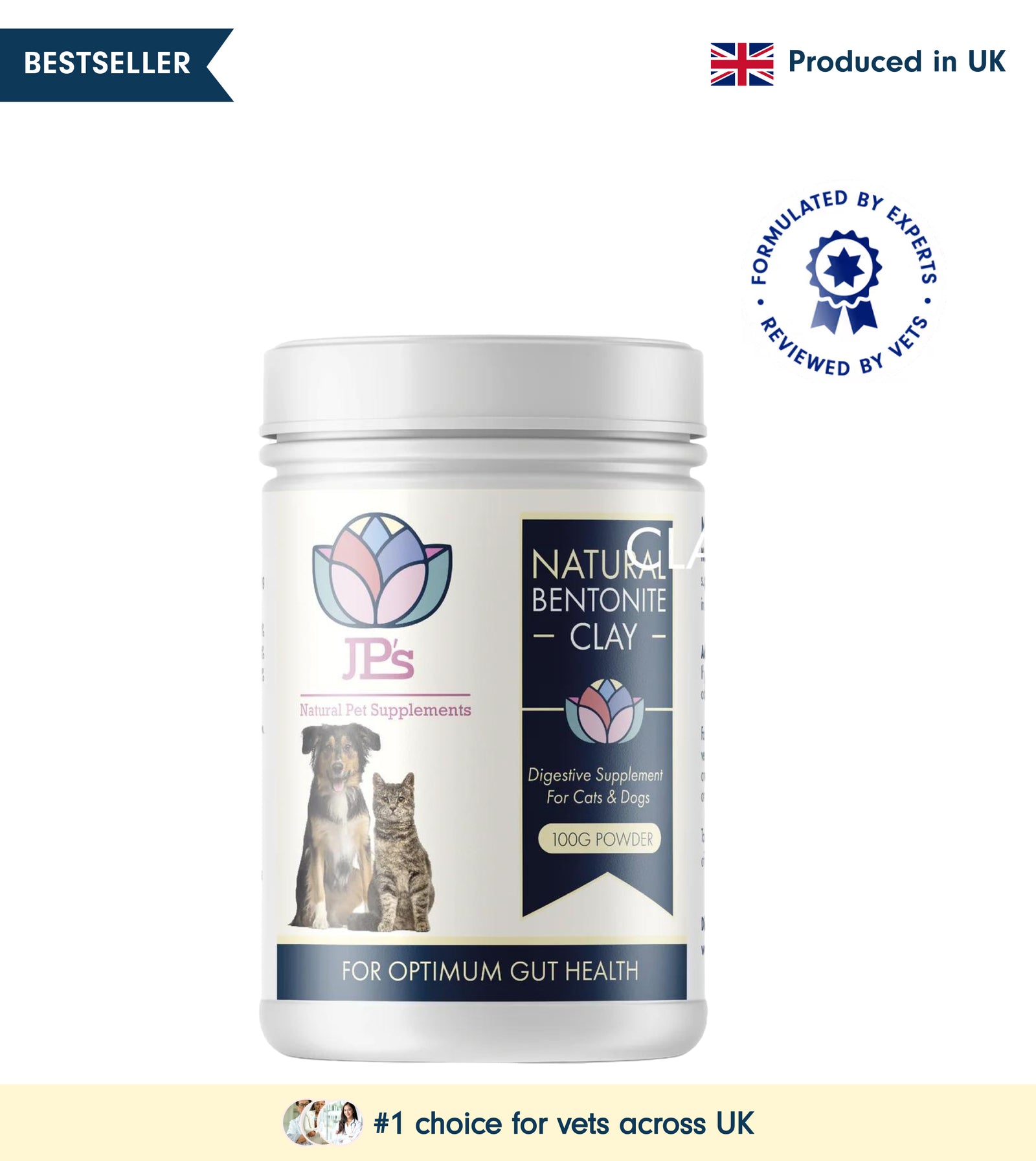
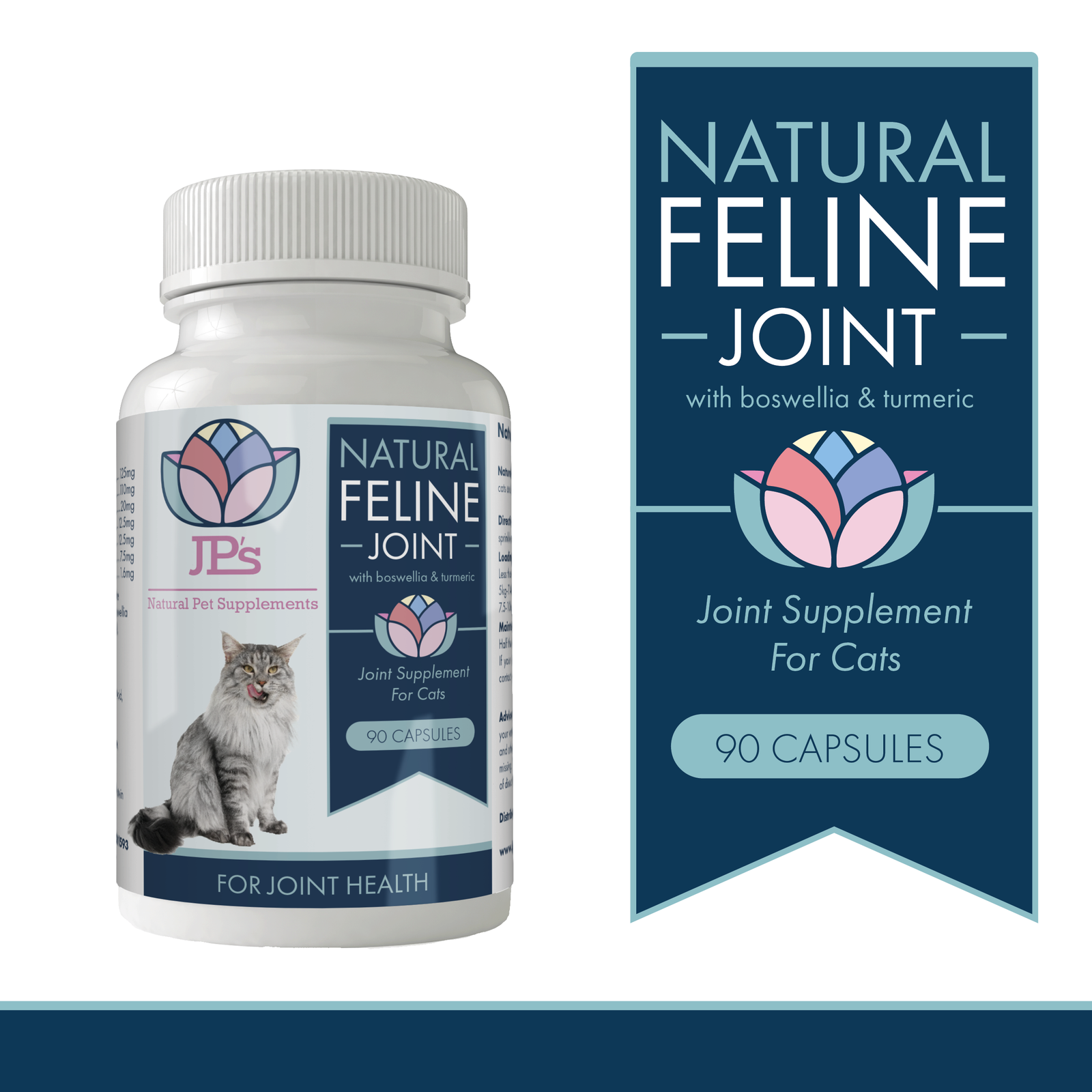
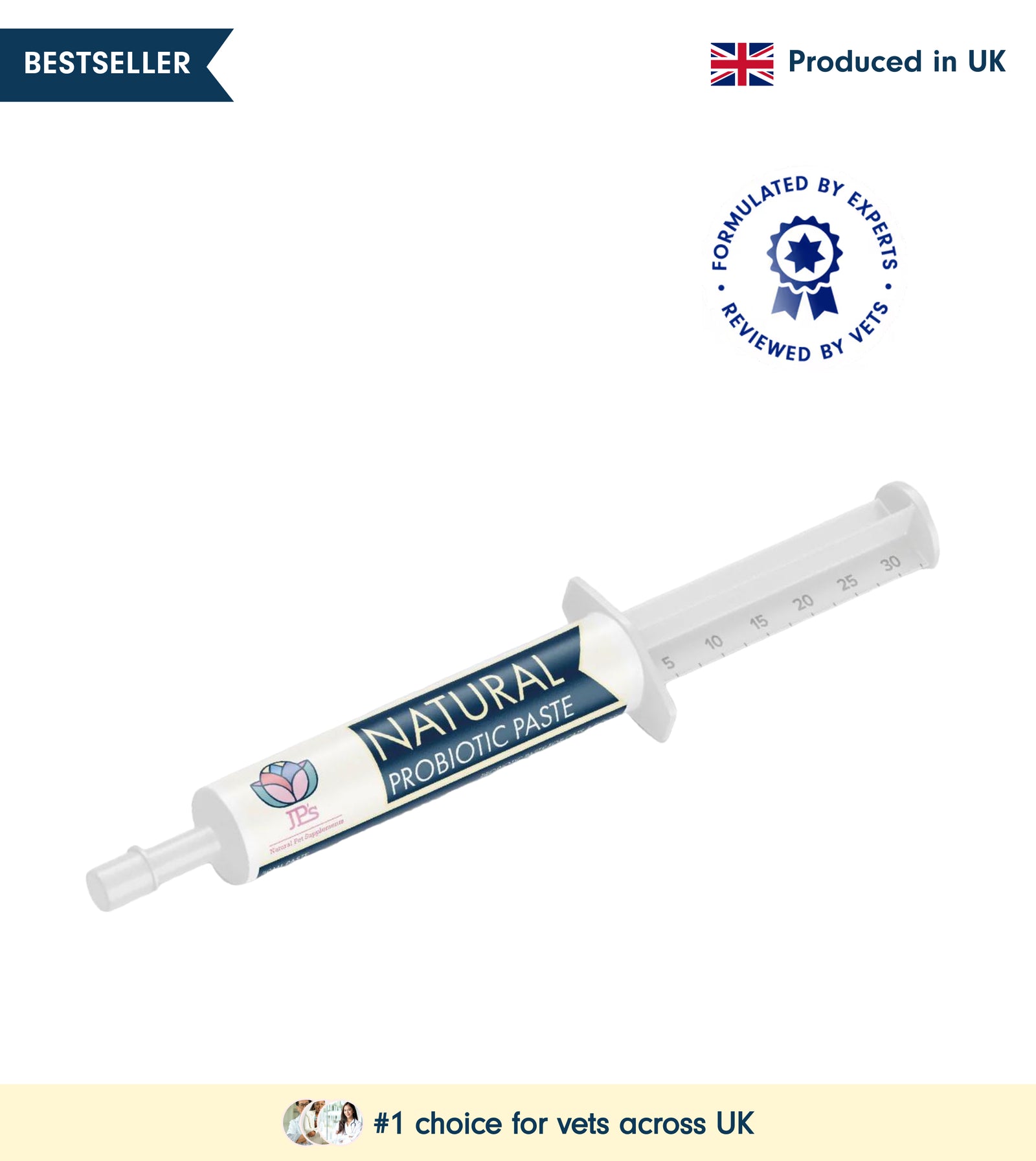
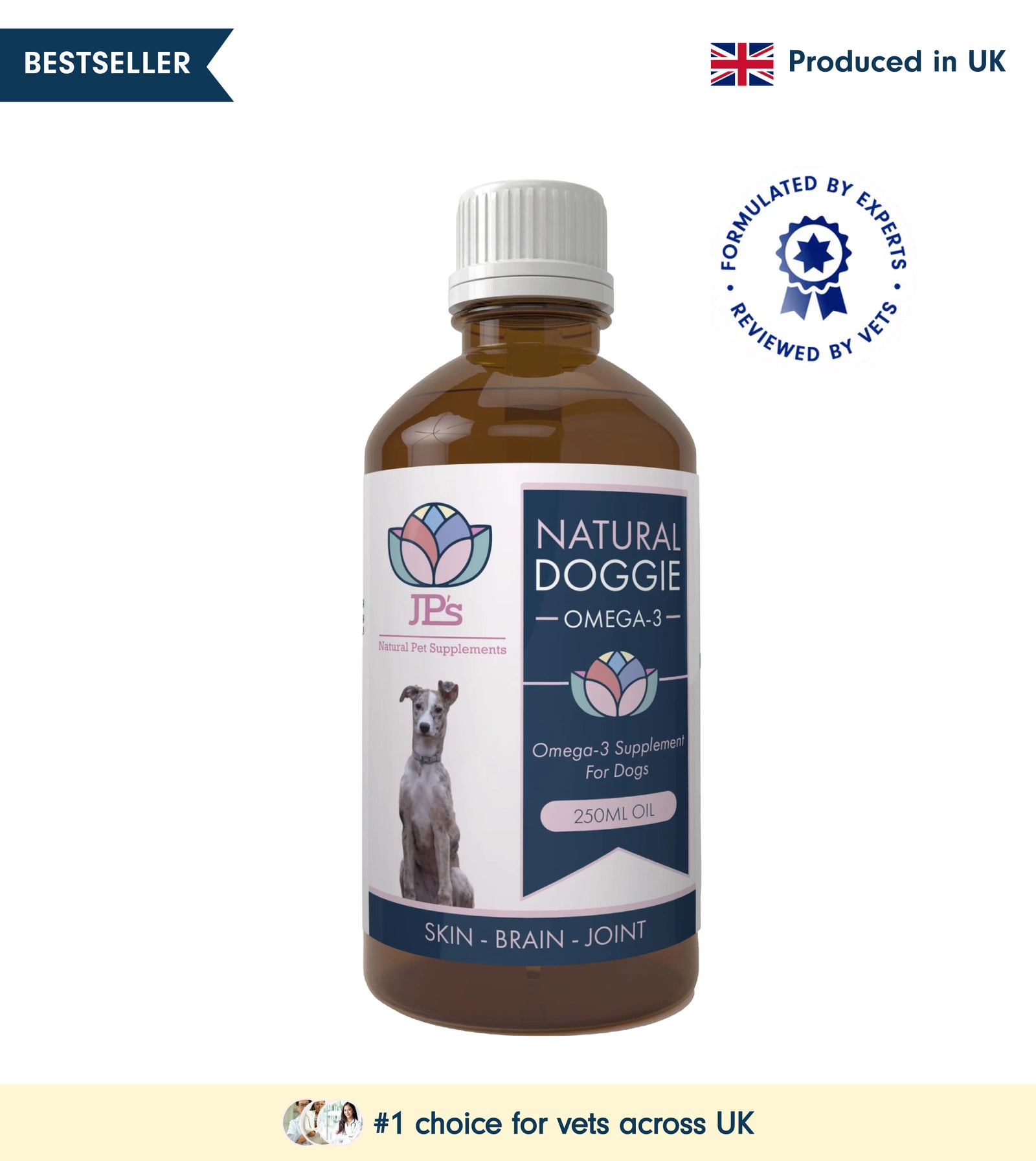
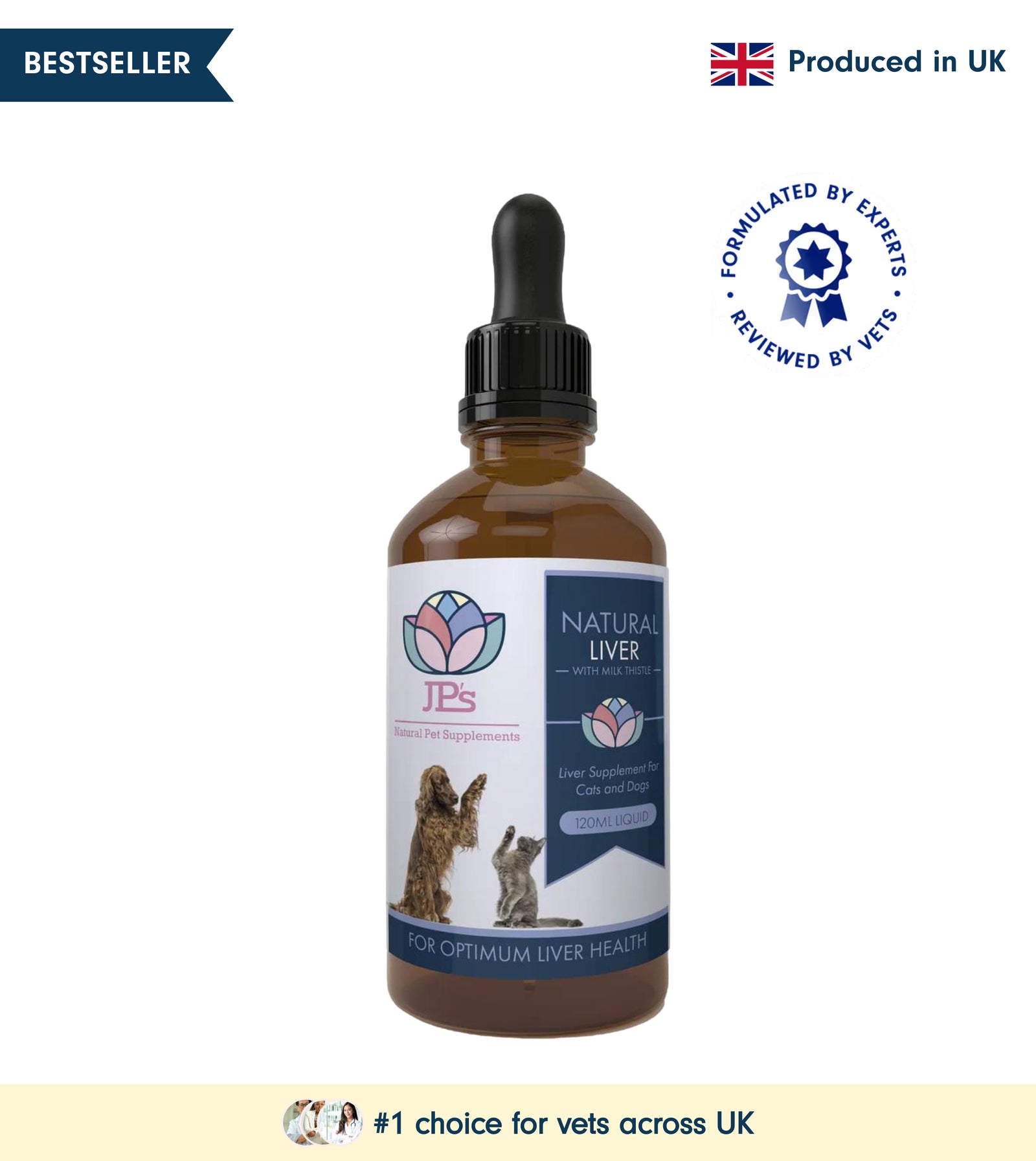
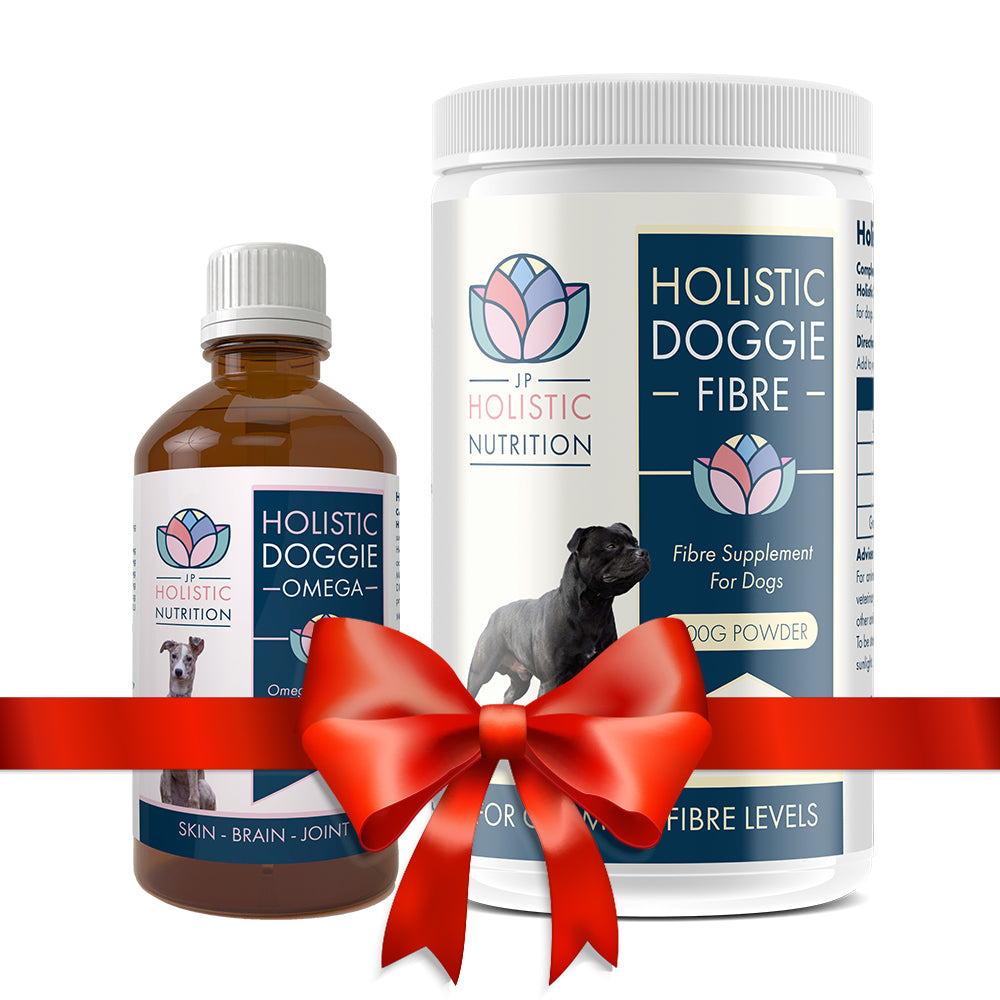
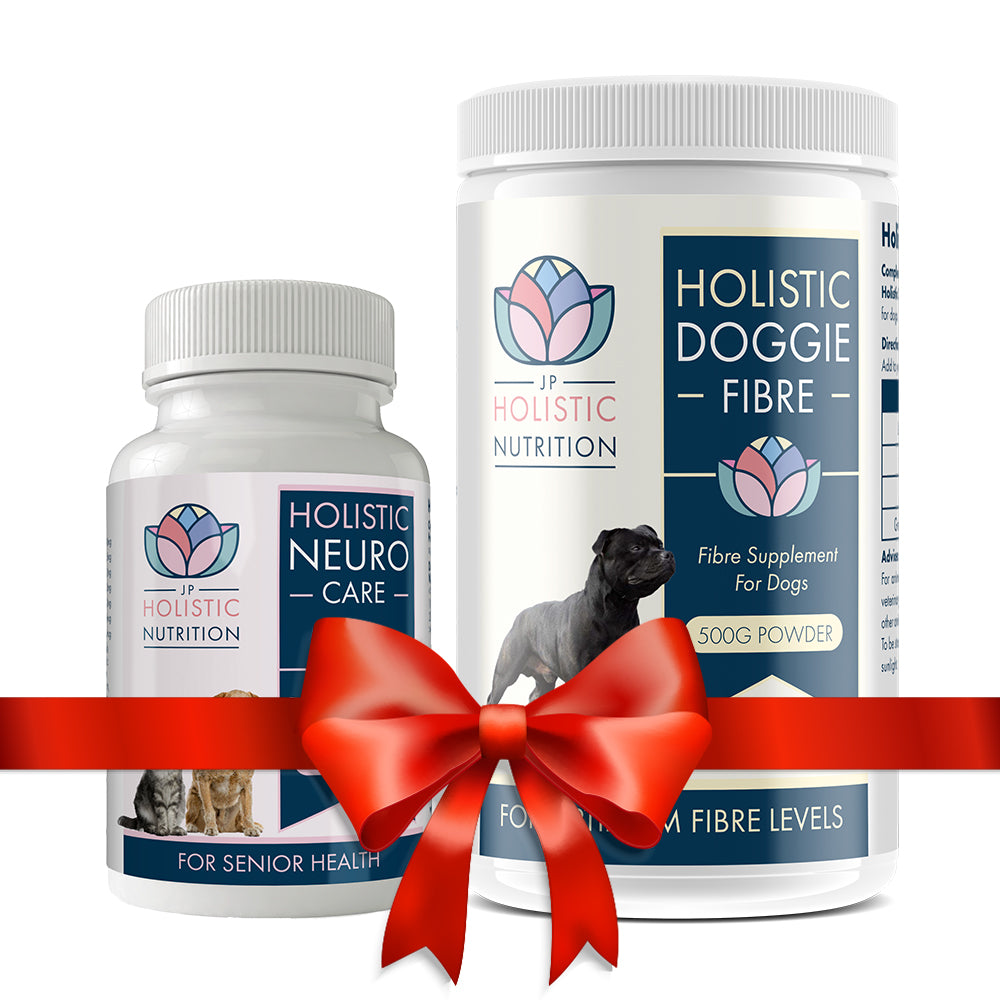
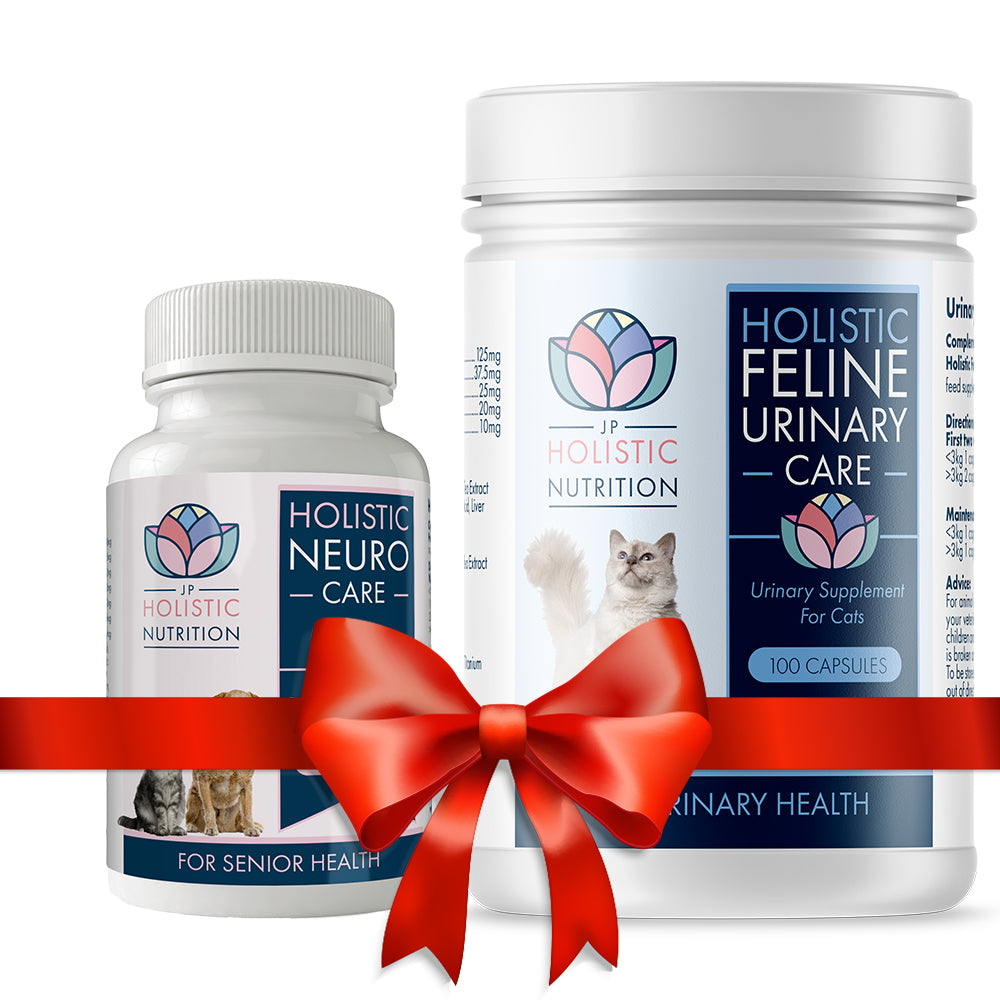
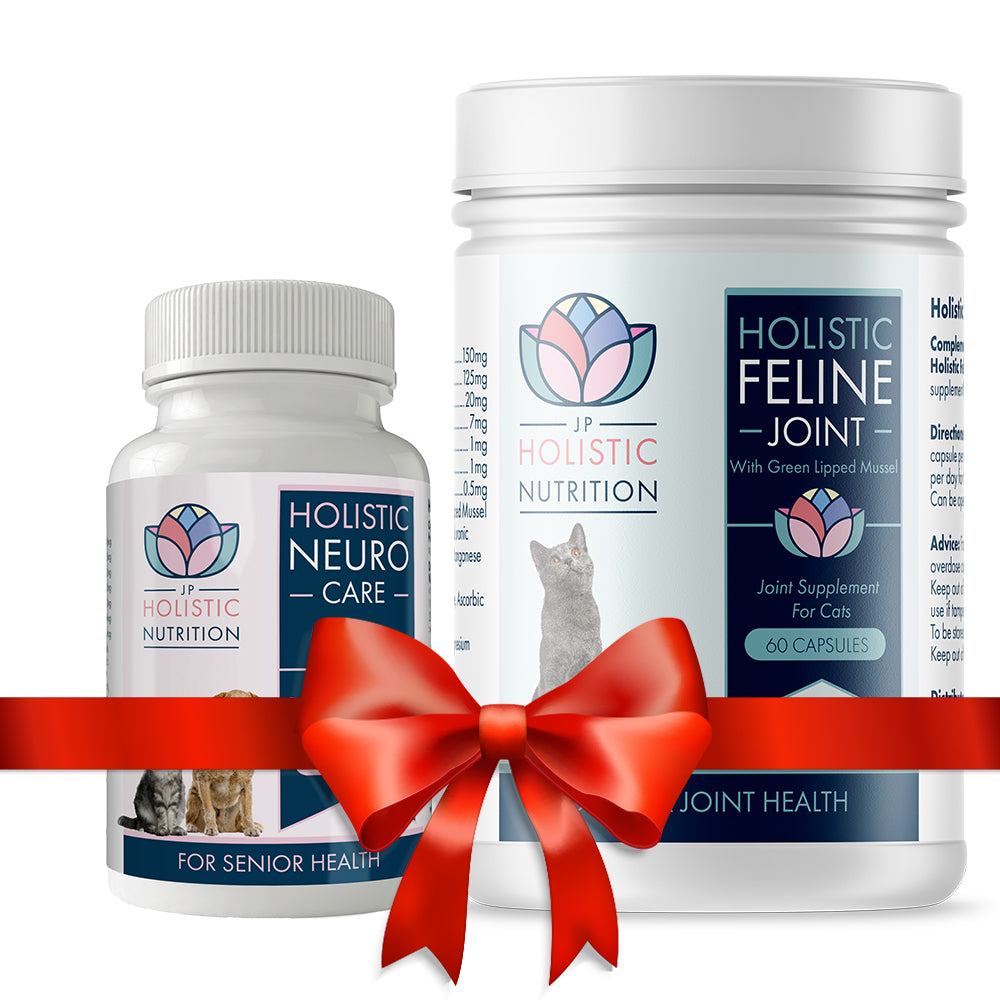





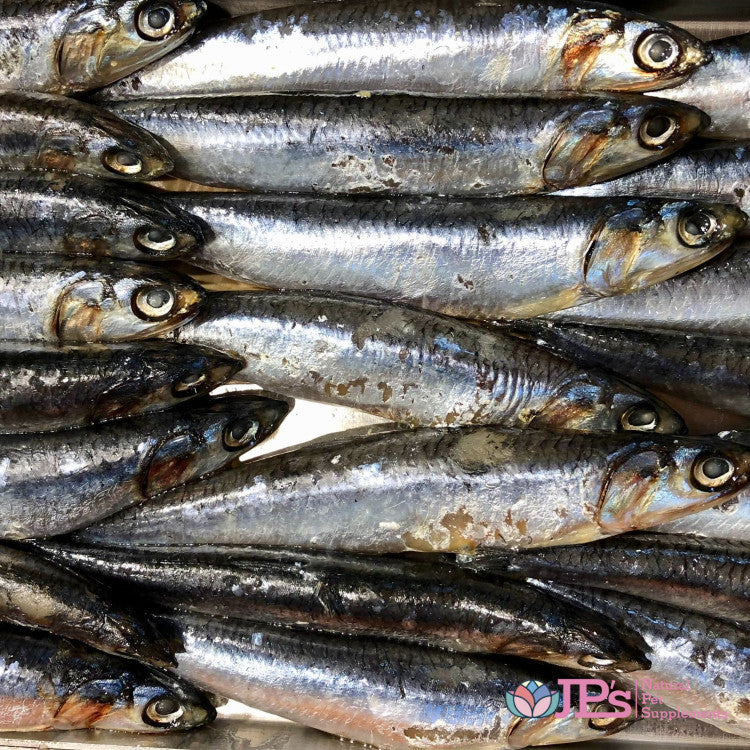
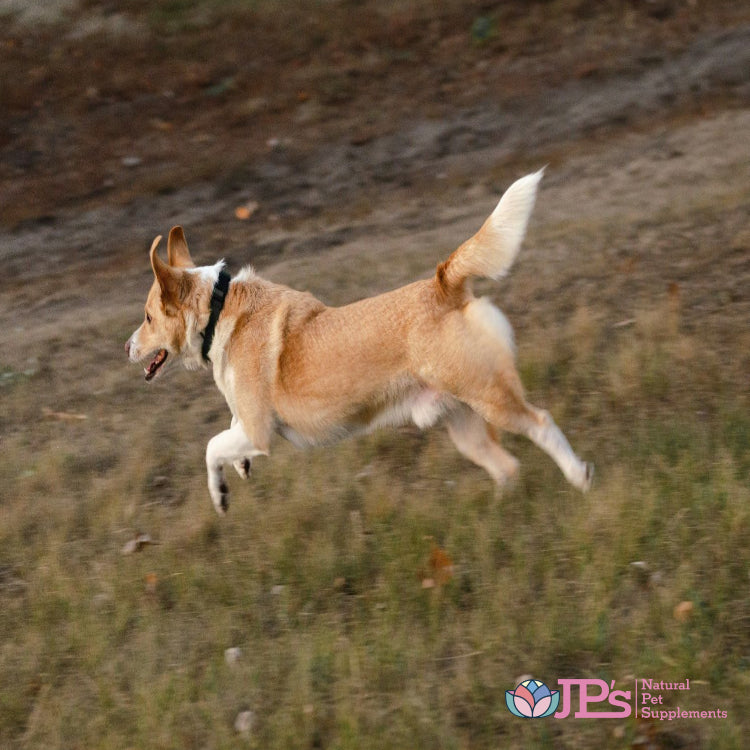
Leave a comment (all fields required)